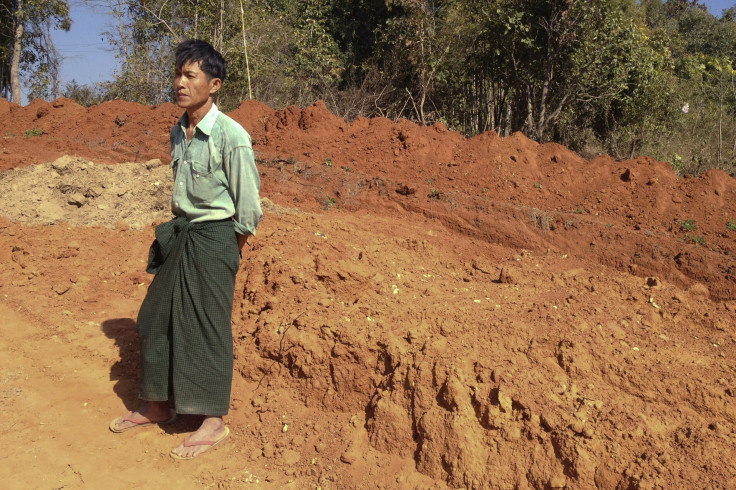China and Myanmar Activists Joust Over Controversial Shwe Oil And Natural Gas Pipeline

The Shwe pipeline that will transport 22 million tons of oil and 12 billion cubic meters of natural gas from Myanmar to China each year may be the last of its kind, as the project is heavily criticized for benefiting China more than Myanmar, and has already seen protests before operations began.
On July 28, China and Myanmar inaugurated an oil and gas pipeline which will transport gas from the Bay of Bengal to Yunnan province in southwestern China. The pipeline was built by China National Petroleum Corporation (CNPC), a Chinese state-owned enterprise, in cooperation with six companies from China, Myanmar, South Korea and India, according to the Asian Correspondent, an independent Asia news outlet.
Both CNPC’s website and Xinhua, China’s state media claimed the project greatly benefited Myanmar by employing 2,505 locals employees, accounting fore more than 50 percent of total recruitment.
According to Xinhua the companies running the project, “have so far donated $20 million for use in education, medical treatment, health and disaster relief. Besides, 45 schools and 24 clinics have been built, which benefit nearly one million local people,”
Upon closer inspection, however, the deal, which “will significantly reduce the cost of China’s energy imports and bring benefits to people of Myanmar,” according to a story from the China Daily, may actually benefit China much more than Myanmar, continuing a trend of cooperation between China and Myanmar that usually has Myanmar holding the short end of the stick.
There have been complaints regarding the compensation for land confiscation, and the unfair distribution, according to a report by the Ta’ang Students and Youth Organization (TSYO), an organization connected to the ethnic group, in addition to complaints about safety and environmental issues.
“Even though the international community believes that the government has implemented political reforms, it doesn’t mean those reforms have reached ethnic areas,” said Mai Amm Ngeal, a member of TSYO. “Especially not where there is increased militarization along the Shwe Pipeline, increased fighting between the Burmese Army and ethnic armed groups, and negative consequences for the people living in these areas.”
In April, hundreds of people took to the streets to voice complaints against unfair compensation, according to the Asian Correspondent, a group that describes itself as “raising awareness about the social, economic and environmental impacts of the Shwe Gas Project.”
Protesters have also said the contract for the project, which was signed under the military regime, should be revisited, and that Myanmar should not export gas when three quarters of its own population lack electricity, according to the Myanmar Times.
There have been a number of protests against Chinese investments in Myanmar after the reform government took over, in particular those contracts that were made with Myanmar’s junta government, which had close ties with the Chinese government. Most notably, the contract for the Latpadaung copper mine project was renegotiated to allocate more profit to the Myanmar government.
“We are still receiving complaints from local people that land has been damaged or confiscated due to the pipelines,” said U Wong Aung, a representative of the Shwe Gas Movement, according to the Myanmar Times. “We have received thousands of complaint letters, but we have not received any commitment to address the complaints from the authorities.”
© Copyright IBTimes 2024. All rights reserved.











